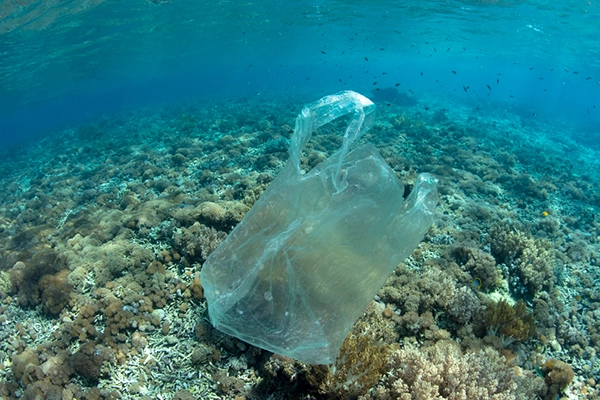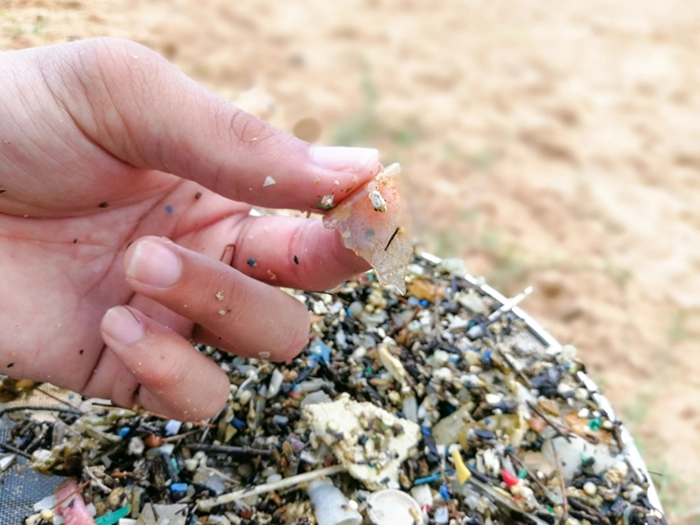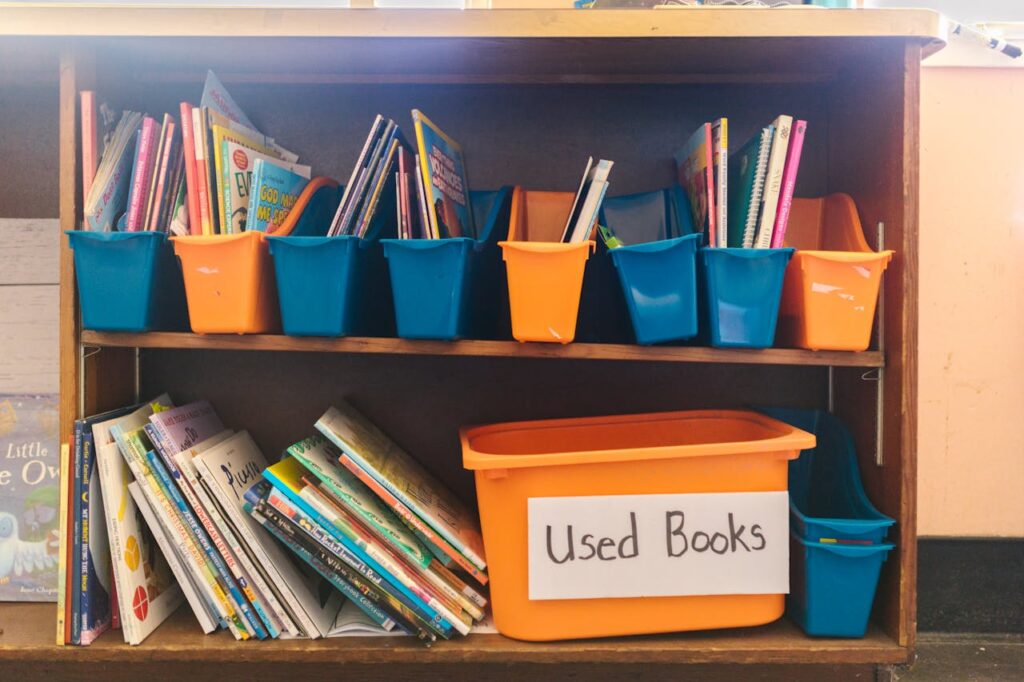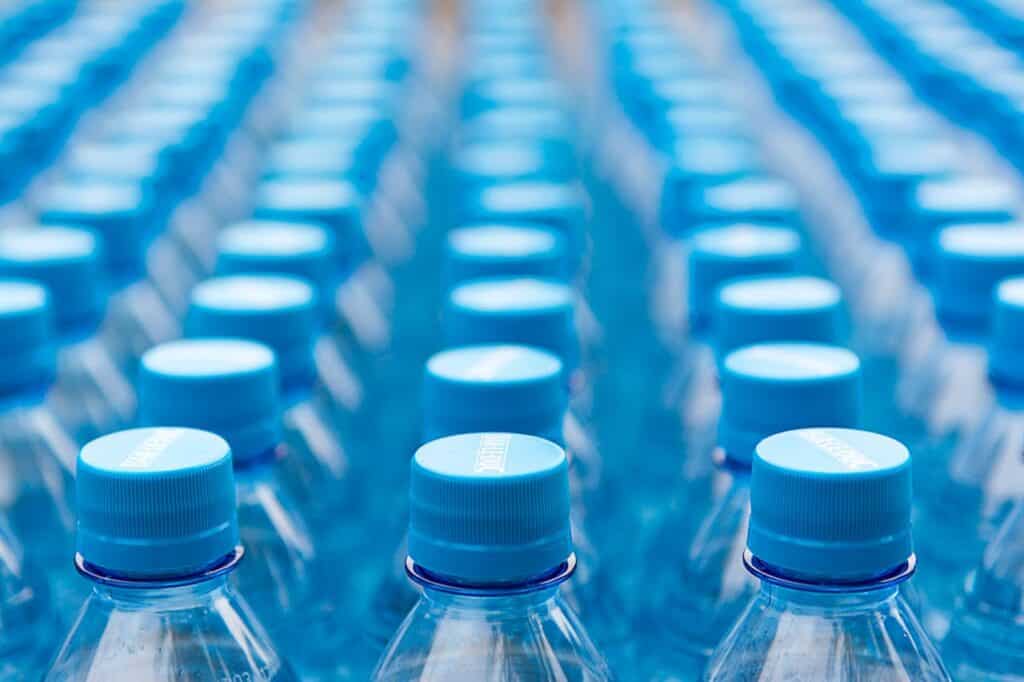How Does Plastic In The Ocean Affect Climate Change – 2 Main Ways
There are 2 main ways that plastic in the ocean affects climate change. These include plastic degradation and methane release, and microplastics and ocean acidification.
Plastic Degradation and Methane Release
When plastic waste accumulates in the ocean, it breaks down into smaller particles, releasing toxic chemicals and greenhouse gases. This includes methane, into the water and atmosphere. This process contributes to climate change by increasing the concentration of methane in the atmosphere, which is a potent greenhouse gas.
Microplastics and Ocean Acidification
Microplastics are tiny plastic particles that are widely dispersed in the ocean and are harmful to marine life. They also contribute to ocean acidification, which has serious implications for the planet’s climate.
As ocean acidification increases, it disrupts the balance of the ocean’s chemistry and can negatively impact marine life and their ability to produce the gases that regulate the earth’s climate.
While the earth’s oceans have absorbed up to 40% of all man-made carbon since the industrial era, early stage research indicates that the infiltration of microplastics into our seas is disrupting their capacity to act as a natural carbon sink.
Microplastic In The Ocean
The Impact Of Plastic Waste On Climate Change
The impact of plastic waste on the ocean is a growing concern, as it not only poses a threat to marine life, but also contributes to climate change. Plastic production is a significant source of greenhouse gas emissions and carbon dioxide, making it a major contributor to global warming. The environmental impact of plastic pollution is significant and it is crucial that we take action to reduce waste and mitigate the effects of plastic on our planet.
How Else Does Plastic Waste Impact Climate Change?
Single-Use Plastics & Landfill Waste
Single use plastics contribute hugely to plastic pollution in the ocean, as it is often discarded after a single use and ends up in landfills or in the ocean. Landfill waste is also a significant source of methane emissions, which contribute to climate change. This highlights the importance of reducing single use plastic and finding alternatives to traditional plastic products.
Plastic Production Dependence on Fossil Fuels
The majority of plastic is produced from petrochemicals derived from fossil fuels such as oil and natural gas. Plastic production is a significant consumer of these non-renewable resources, contributing to the depletion of fossil fuel reserves and increasing the reliance on these sources of energy.
Contamination of Fossil Fuel Sources
Plastic waste in the ocean can contaminate oil and gas reserves, making them difficult to extract and reducing the overall quality of the fuel. This can lead to increased costs for the fossil fuel industry and reduce the efficiency of energy production.
How To Reduce Our Impact On Climate Change and Plastic Pollution
Reducing Plastic Production
To mitigate the impact of plastic waste on the ocean and the environment, it is crucial that we reduce the production and use of plastic to take action to reduce waste. The international community must work together to implement policies that reduce greenhouse gas emissions, improve waste management practices, and promote sustainable production methods.
Increase Recycling Rates
Whilst much of our plastic waste ends up floating in our oceans, we must increase recycling rates across the world. This will allow us to create new products from our plastic waste, rather than festering in waters for years to come. In order to increase our recycling rates, people can practice correct waste management, and businesses implement effective recycling programs. At Plastic Expert, we help businesses across the UK recycle their plastic waste and divert materials from landfills and oceans.









